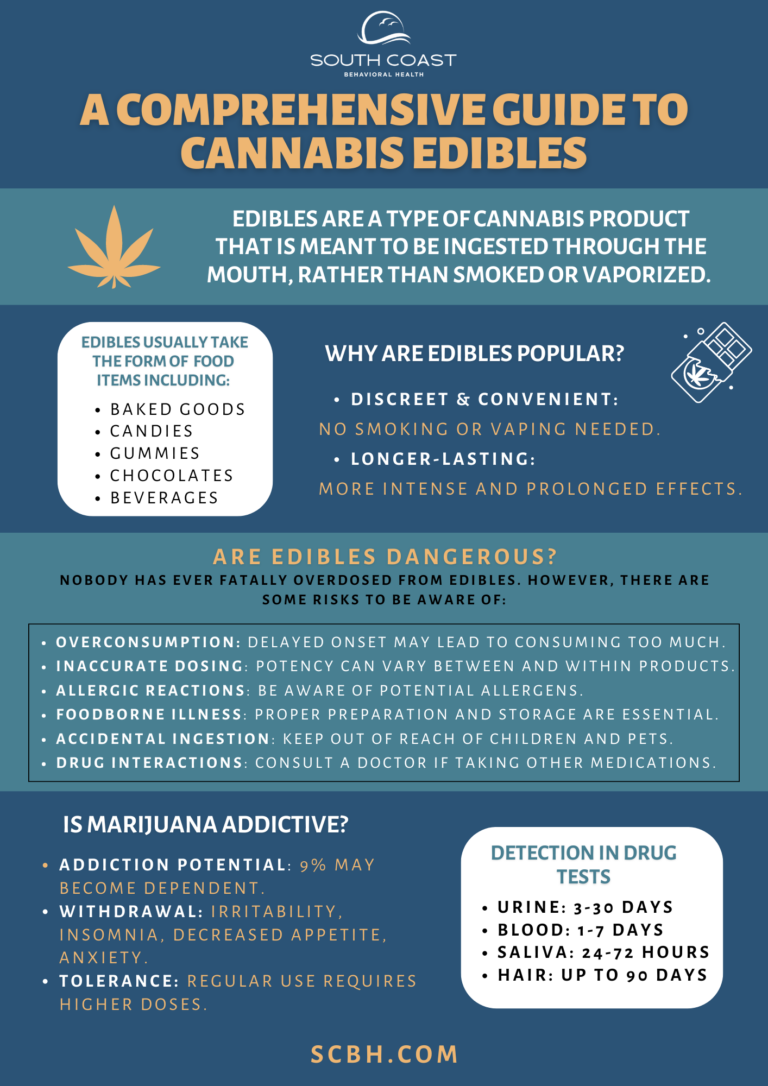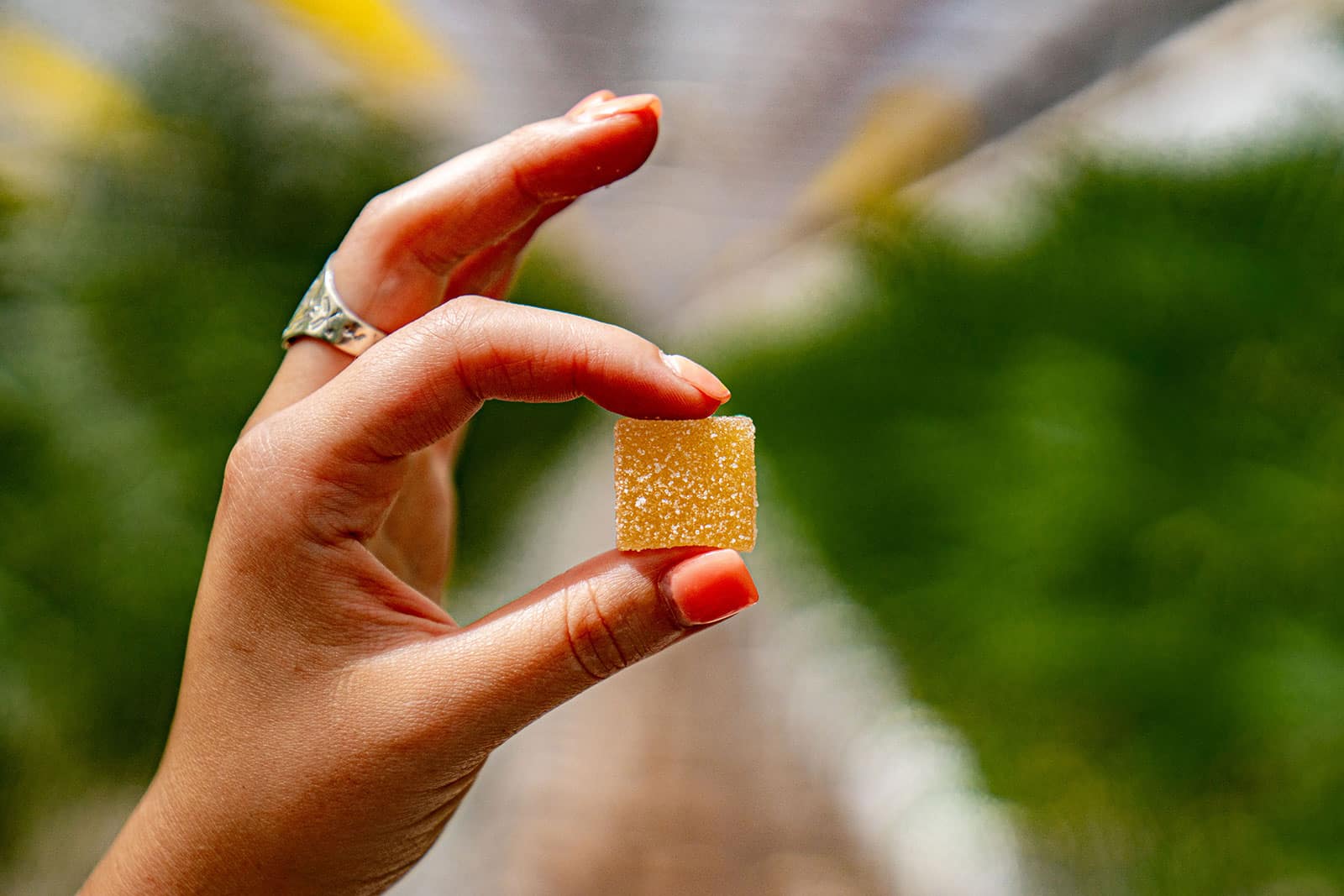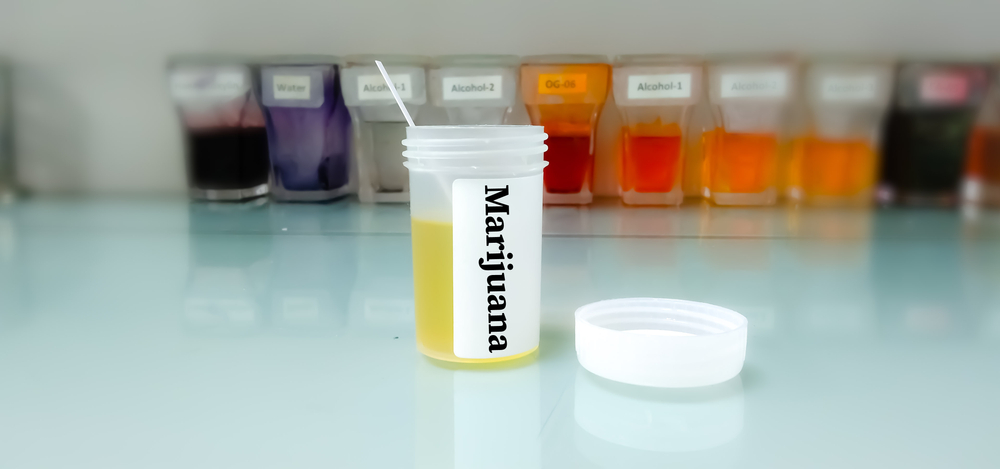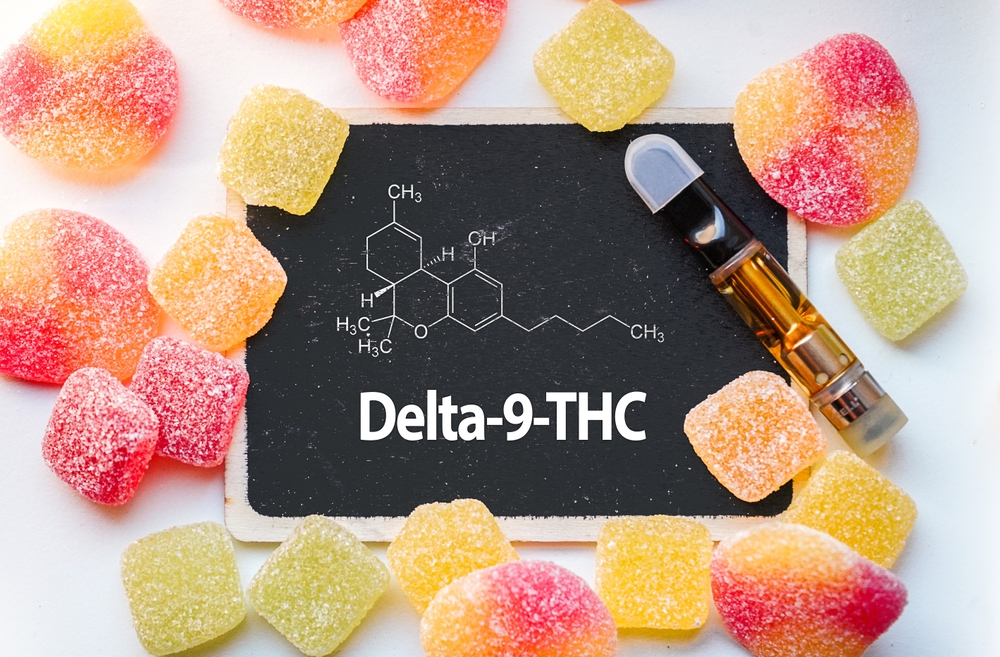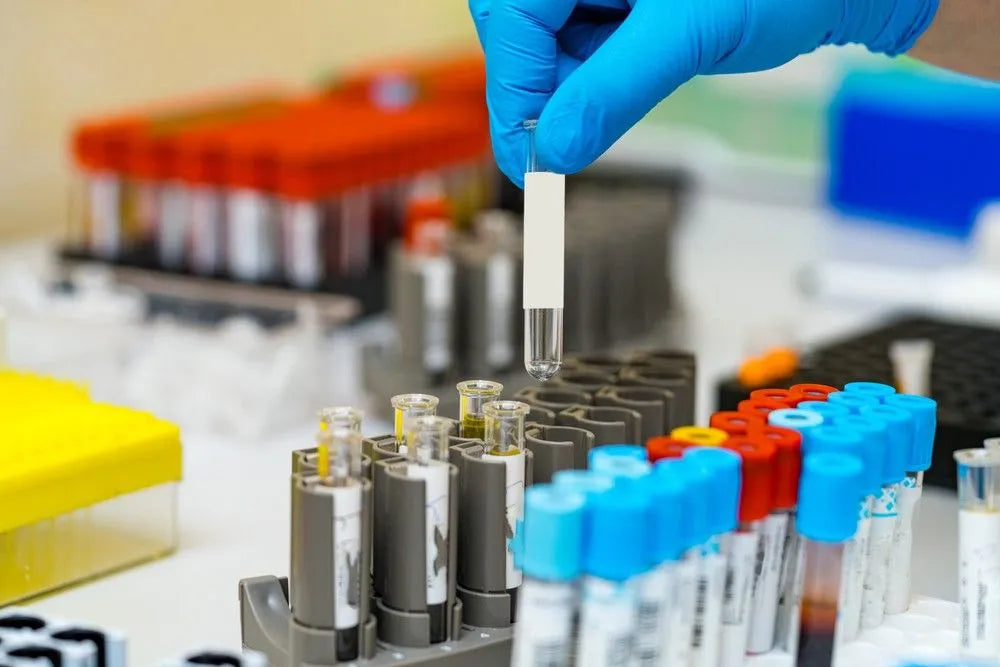Do Edibles Show Up On Drug Tests
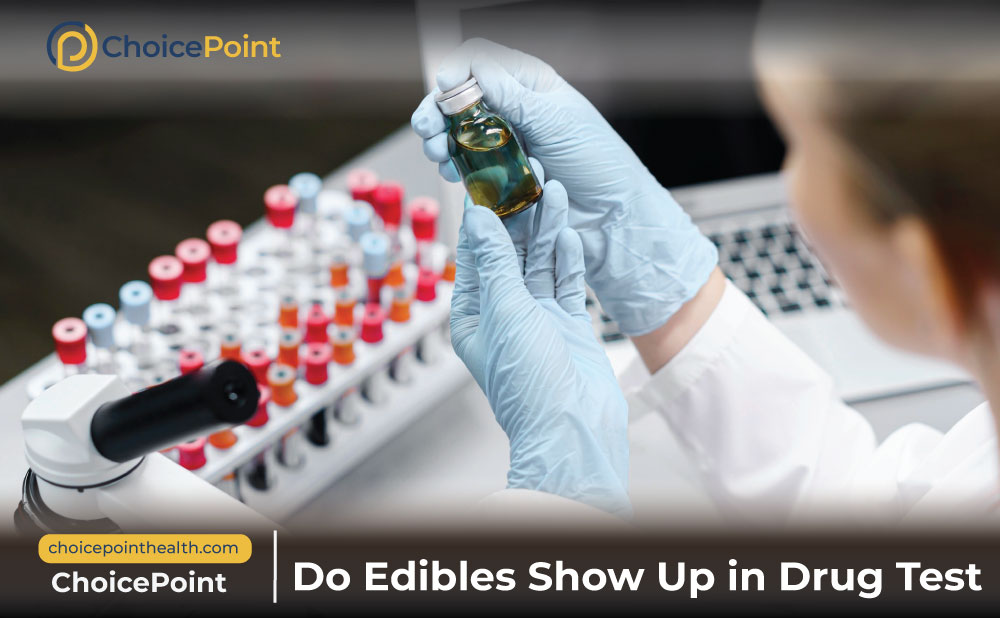
The sweet allure of edibles, promising relaxation or a euphoric escape, often masks a nagging question: Will they trigger a positive result on a drug test? As cannabis legalization spreads across the globe, the consumption of edibles has surged, leaving many individuals uncertain about the implications for their employment, legal obligations, or athletic careers. This uncertainty demands clarity, as the consequences of a failed drug test can be significant and far-reaching.
This article delves into the complex relationship between edibles and drug tests. Specifically, it examines how edibles are metabolized, the detection windows for cannabis metabolites in various bodily fluids, and the factors influencing test results. Further, it will analyze the types of drug tests used, the legal and professional implications of testing positive, and strategies for responsible consumption. By exploring these facets, we aim to provide a comprehensive understanding of whether edibles show up on drug tests and empower readers to make informed decisions.
Understanding Edibles and THC Metabolism
Edibles, unlike smoked cannabis, are ingested and processed through the digestive system. This difference significantly alters how THC, the psychoactive compound in cannabis, is metabolized. When cannabis is smoked, THC enters the bloodstream relatively quickly, leading to a rapid onset of effects.
However, when ingested in edibles, THC is primarily metabolized by the liver. This process converts THC into 11-hydroxy-THC, a more potent psychoactive metabolite that crosses the blood-brain barrier more efficiently than THC itself.
The liver then further processes both THC and 11-hydroxy-THC into THC-COOH, a non-psychoactive metabolite. THC-COOH is the primary target for most cannabis drug tests because it remains detectable in the body for a longer period compared to THC and 11-hydroxy-THC.
Drug Test Detection Windows
The detection window for cannabis metabolites varies depending on the type of drug test used. Urine tests are the most common, followed by blood, hair follicle, and saliva tests. Each test has a different sensitivity and timeframe for detecting cannabis use.
Urine tests typically detect THC-COOH for several days to weeks after a single use. In heavy, chronic users, it can be detected for up to a month or even longer. This prolonged detection window is due to THC-COOH being stored in body fat and gradually released into the bloodstream.
Blood tests have a shorter detection window, generally detecting THC for only a few hours or days after use. Blood tests are more useful for determining recent cannabis use and impairment. However, they are less commonly used for routine drug screening due to their shorter detection window.
Hair follicle tests boast the longest detection window, potentially detecting cannabis use for up to 90 days. However, hair follicle tests are more expensive and can be influenced by factors like hair color and ethnicity.
Saliva tests, also known as oral fluid tests, have a short detection window, typically detecting THC for up to 24-72 hours after use. Saliva tests are often used for roadside testing and in workplaces where recent use is of concern.
Factors Influencing Drug Test Results
Several factors can influence how long THC metabolites remain detectable in the body. These factors include the frequency of use, the potency of the cannabis consumed, individual metabolism, body fat percentage, and hydration levels.
Frequent cannabis users accumulate higher levels of THC-COOH in their body fat. This leads to longer detection times compared to occasional users. Higher potency edibles will naturally result in a higher concentration of THC metabolites in the body.
Individuals with faster metabolisms tend to clear THC metabolites more quickly. While those with higher body fat percentages may store THC-COOH for longer periods. Dehydration can concentrate THC metabolites in urine, potentially leading to a positive test even if use was infrequent.
Legal and Professional Implications
The legal and professional implications of testing positive for cannabis can be significant. Many employers have zero-tolerance drug policies, meaning a positive drug test can result in termination of employment. This is particularly true in safety-sensitive industries such as transportation, healthcare, and law enforcement.
In some states where cannabis is legal for recreational or medicinal use, there are protections for employees who use cannabis off-duty. However, these protections often do not extend to safety-sensitive positions or jobs funded by federal contracts.
Testing positive can also impact child custody arrangements, probation requirements, and eligibility for certain government benefits. Athletes subject to drug testing by organizations like the World Anti-Doping Agency (WADA) can face suspensions and other penalties for testing positive for cannabis.
Responsible Consumption and Risk Mitigation
For individuals concerned about drug testing, responsible consumption and awareness of the risks are crucial. Understanding the potency of edibles and starting with a low dose can help minimize the amount of THC metabolites in the body. Avoiding cannabis use altogether is the only guaranteed way to pass a drug test.
Individuals who consume edibles should be aware of the detection windows for various drug tests. They should also consider the potential implications for their employment, legal obligations, and other commitments. Consulting with an attorney or employment law expert can provide clarity on individual rights and protections.
Some individuals attempt to use detox products or strategies to expedite the elimination of THC metabolites. However, the efficacy of these methods is often questionable and not scientifically proven. Moreover, attempting to adulterate a drug test can have serious legal consequences.
The Future of Cannabis Drug Testing
As cannabis legalization continues to evolve, there is growing discussion about alternative drug testing methods. Some researchers are exploring technologies that can detect active impairment rather than simply the presence of THC metabolites. These technologies could potentially include breathalyzers or cognitive tests designed to assess real-time impairment.
There is also a growing movement to re-evaluate zero-tolerance drug policies, particularly in states where cannabis is legal. Some employers are adopting more nuanced approaches that focus on workplace safety and performance rather than off-duty cannabis use. The increasing acceptance of medical cannabis necessitates adapting drug testing policies to accommodate legitimate medical users.
Ultimately, the question of whether edibles show up on drug tests remains a complex one with evolving implications. As the legal landscape and testing technologies continue to change, staying informed and practicing responsible consumption are crucial for navigating this complex issue. Increased public education and awareness are essential to promote understanding and mitigate potential risks associated with cannabis use.
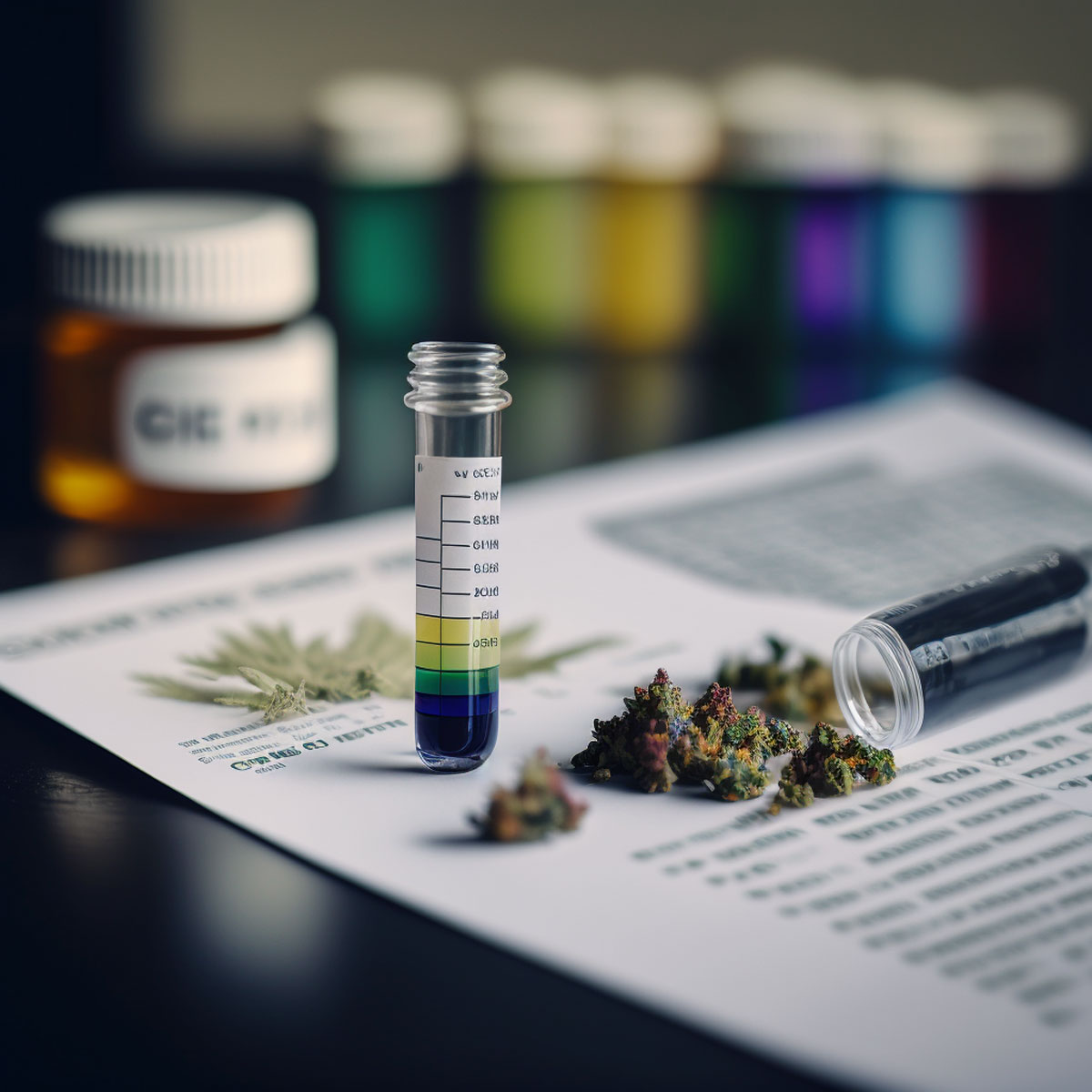

![Do Edibles Show Up On Drug Tests Do Edibles Show Up On Drug Tests? [ed112f]](https://i.ytimg.com/vi/jiLnH3QulUU/sddefault.jpg)

